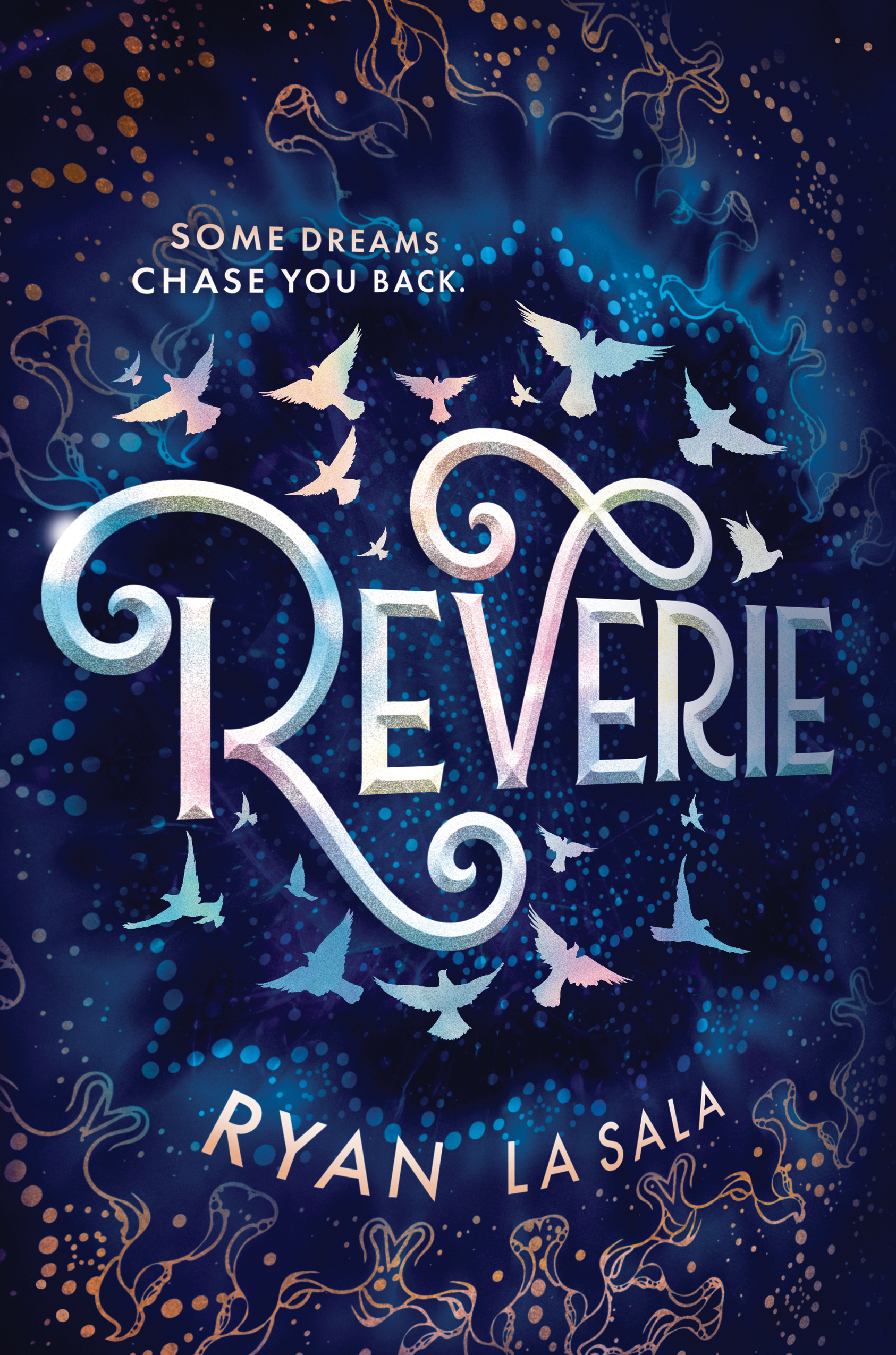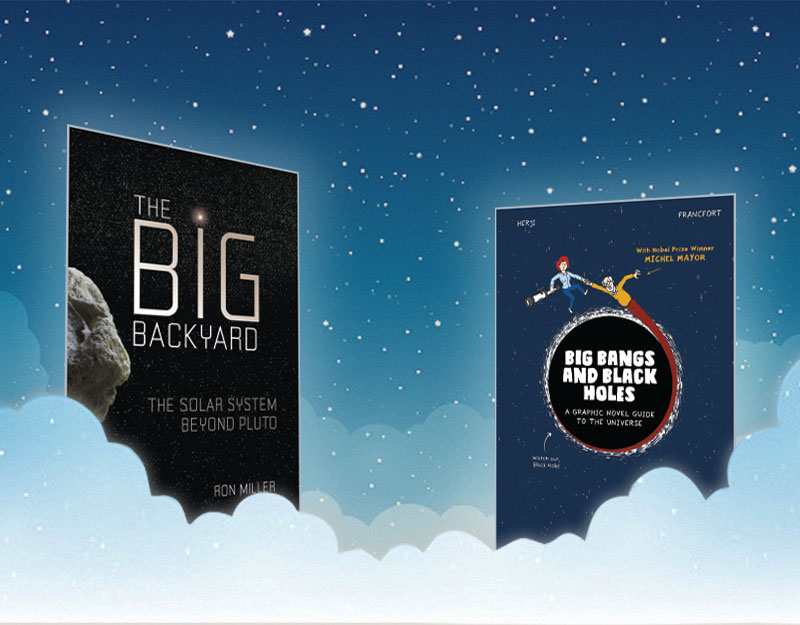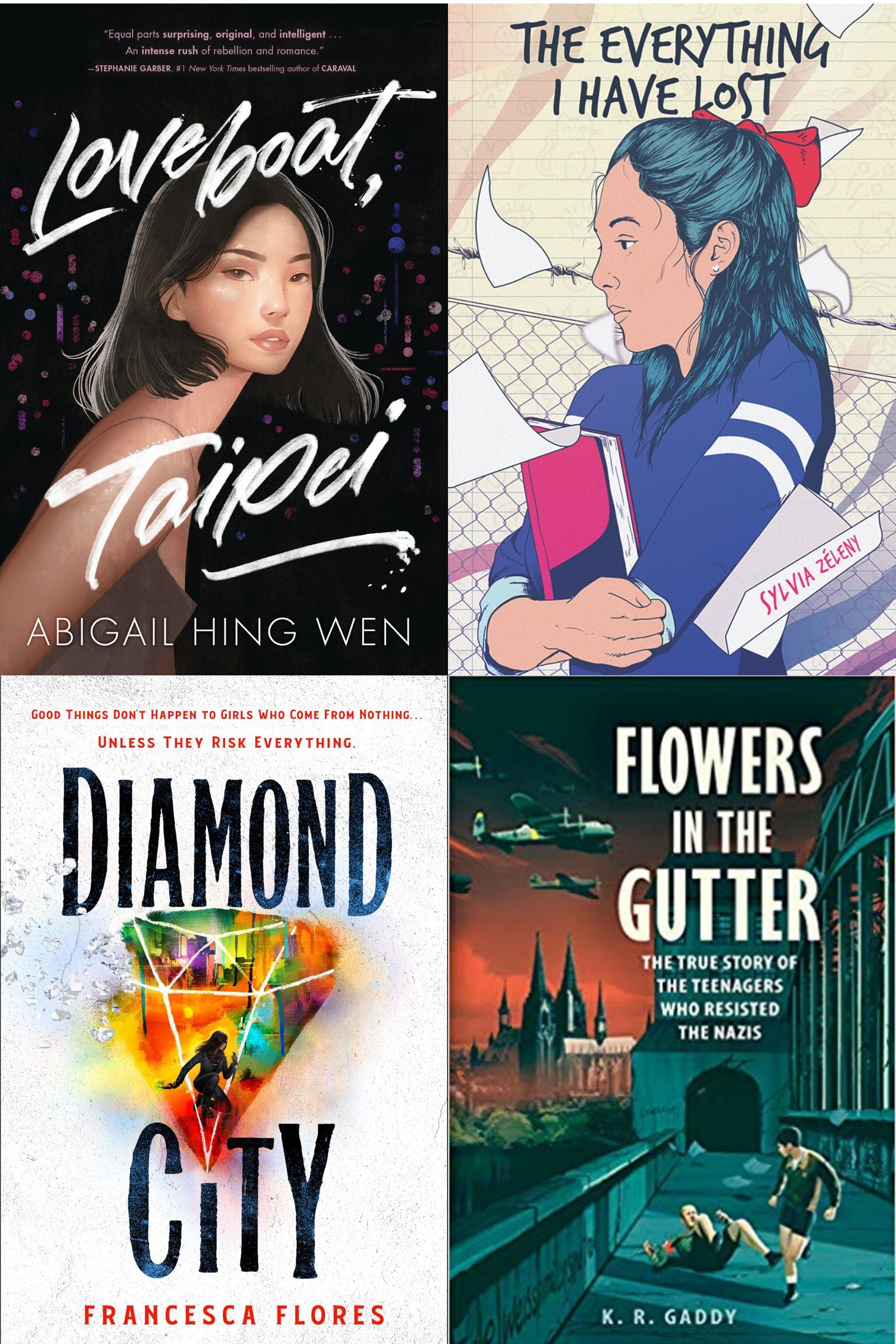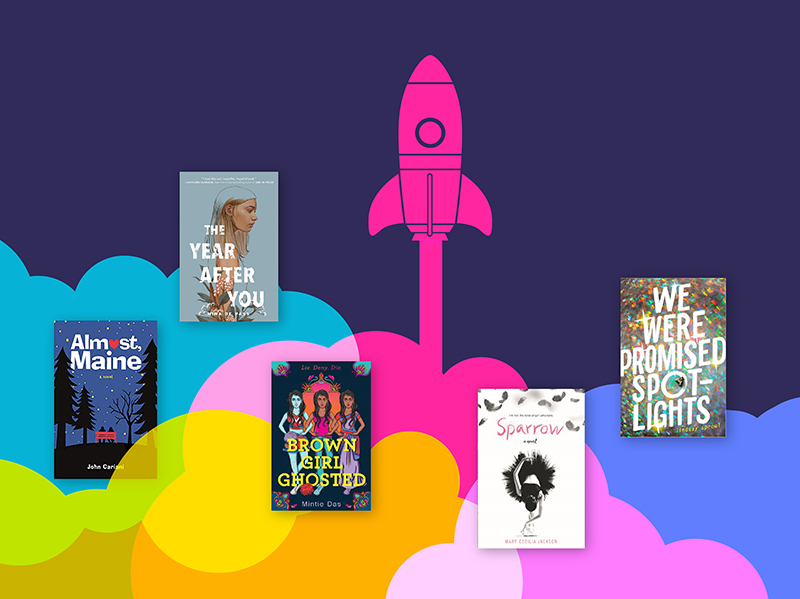Dystopian Week Recap
Last week was Dystopian Week over at Random Buzzers, the amazingly cool website for Random House. Don’t say I didn’t tell you because I did: I tweeted it and put it up on the TLT FB wall multiple times. The Random Buzzers website and tweets focused on the topic of dystopian fiction, which you may have heard is all the “buzz” right now. See what I just did there?
Random Buzzers is the wicked cool website for Random House aimed at teens. Here they have interactive forums, quizzes and more for teens to engage in the discussions and this week the discussion was all about dystopians. I am sure it has something to do with the success of a little movie called The Hunger Games (actually a Scholastic title). But it also has to do with the success of the genre as a whole (everyone is talking about it and publishing it these days), including some of their own titles including The Maze Runner series by James Dashner (I say read it, it’s good) and the debut work by Lissa Price entitled Starters (reviewed). And let’s not forget the glorious Forest of Hands and Teeth series by Carrie Ryan, which made the TLT Teen Reviewer’s list of Top 10 Zombie novels. Goodreads has put together a great dystopian infographic based on its user data that you will want to check out.
ADVERTISEMENT
ADVERTISEMENT
A dystopian society is a society with high government intrusion into the lives of it’s people in the interest of safety, security or morality. The government usually insists they have created a utopian society but if you look closely you see the cracks under the surface. One of the perennial questions associated with dystopian fiction is what are you willing to sacrifice for perfection? Can you be a perfect society if you have no freedoms?
Some popular classics that deal with this topic include 1984 by George Orwell, Fahrenheit 451 by Ray Bradbury (two of my all time favorite books) and Brave New World by Aldous Huxley (which I am ashamed to say I have still never read). Other titles include of course The Giver by Lois Lowry, The Hunger Games by Suzanne Collins, the Matched series by Ally Condie and the Delirium series by Lauren Oliver. You may have heard, but I am a huge fan of the Delirium series. To be honest, I am a huge fan of dystopian fiction.
Part of the discussion last week focused on whether or not post apocalyptic fiction was dystopian fiction and vice versa. Arguments can definitely be made that post apocalyptic fiction is its own genre and there is often the government intrusion into our lives that is missing in true dystopian fiction; however, a lot of dystopian titles start out with some type of cataclysmic event whether it be war, natural disaster, or a lack of natural resources that make governments come in and take over “for the good of the people.” In Delirium, you see that love has been deemed an illness and the genuine belief that society is better when the illness is eradicated. In Matched the government has chosen 100 poems and 100 paintings that are deemed fit for society, all others have been eradicated. In worlds like Starters or The Hunger Games there are groups of citizens that benefit from the new rules and those that don’t, often the poor and children.
Part of the discussion last week was also why, exactly, are dystopian titles suddenly so popular? The answer seems to be that many feel we are already living in a dystopian world. I am not sure that we are truly there yet, but you can definitely see us marching in that direction if you listen close enough (which I discussed earlier in my post Why We Hunger for the Hunger Games). Author Moira Young also discusses the appeal of dystopian fiction in The Guardian stating, “books set in either chaotic or strictly controlled societies mirror a teenager’s life; at school, at home, with their peers and in the wider world. Let’s call it the “my own private dystopia” theory” (The Guardian, Why is dystopia so appealing to young adults?, October 23, 2011).
The fun part of the conversation occurred when we started discussing survival tips and strategies for living in a dystopian or zombie apocalypse world. What kinds of skills would you need? You’ll want to travel light so you can only take 1 novel with you to read, so which one would it be? My #1 tip, when you wake up and notice that the world is suddenly quiet and abandoned, DO NOT run around town yelling “hello, hello – is anywhere there?”. That is a sure fire way to draw unnecessary attention to yourself either from the zombies or the bad guys. For me, one of the most fascinating lessons that we learn over and over again from dystopian titles is the true nature of the human condition. In the movie Platoon there is a voice over where the character Chris Taylor says, “I think now, looking back, we did not fight the enemy, we fought ourselves, and the enemy was in us.” (Platoon, quote found on IMDB.com). It’s easy to sit in the theater and watch a movie like The Hunger Games and say we would never, and yet we know that in Ancient Rome the gladiators were their primary source of entertainment and many people sat silently while millions of Jews lost their lives during World War II.
Dystopian fiction is an important reminder of who we can become. It is a reminder to value our freedoms and exercise them; to read, to vote, to hold those in positions of authority accountable, to protect even the weakest among us so we don’t become monsters.
My Personal Top 10 Dystopian titles (including post apocalyptic and zombie apocalypse titles)
ADVERTISEMENT
ADVERTISEMENT
1. 1984 by George Orwell
2. Fahrenheit 451 by Ray Bradbury
3. Delirium and Pandemonium by Lauren Oliver
4. Rot & Ruin and Dust & Decay by Jonathan Maberry
5. The Giver by Lois Lowry
6. Unwind by Neal Shusterman
7. The Hunger Games by Suzanne Collins
8. Divergent by Veronica Roth
9. Ashes by Ilsa. J. Bick
10. Ashfall by Mike Mullin
And if you haven’t read it already, I do suggest the adult title One Second After by William R. Forstchen. I do have to say that all the dystopian titles by Random House are really good and I recommend them. Enders, the companion to Starters by Lissa Price, comes out in December 2012.
The top 10 dystopians as voted on by Random Buzzers can be found at RandomBuzzers.com.
TLT Teen Reviewer Cuyler Creech’s top 10 zombie novels can be found here and his top 10 dystopian novels can be found here.
I highly recommend that you get your teens involved in the Random Buzzers website. It has an appealing design, is very active, and is a great opportunity for teens to engage in literature in meaningful and thoughtful ways while having fun.
Now it’s your turn: What is your favorite dystopian title and why? What are your survival tips?
Filed under: Dystopian, Publishers
About Karen Jensen, MLS
Karen Jensen has been a Teen Services Librarian for almost 30 years. She created TLT in 2011 and is the co-editor of The Whole Library Handbook: Teen Services with Heather Booth (ALA Editions, 2014).
ADVERTISEMENT
ADVERTISEMENT
SLJ Blog Network
One Star Review, Guess Who? (#202)
This Q&A is Going Exactly As Planned: A Talk with Tao Nyeu About Her Latest Book
More Geronimo Stilton Graphic Novels Coming from Papercutz | News
Parsing Religion in Public Schools
ADVERTISEMENT










Great article! My favourite dystopian is probably The Hunger Games (the book; I'm not that keen on the series as a whole but the first book is awesome.)
Does GONE by Michael Grant count as dystopian? Probably not quite, but it's still an impressive series.
Speaking of post-apocalyptic but not really dystopian books, I really enjoyed Scott Cramer's Night of the Purple Moon – easily the best self-published book I've read!